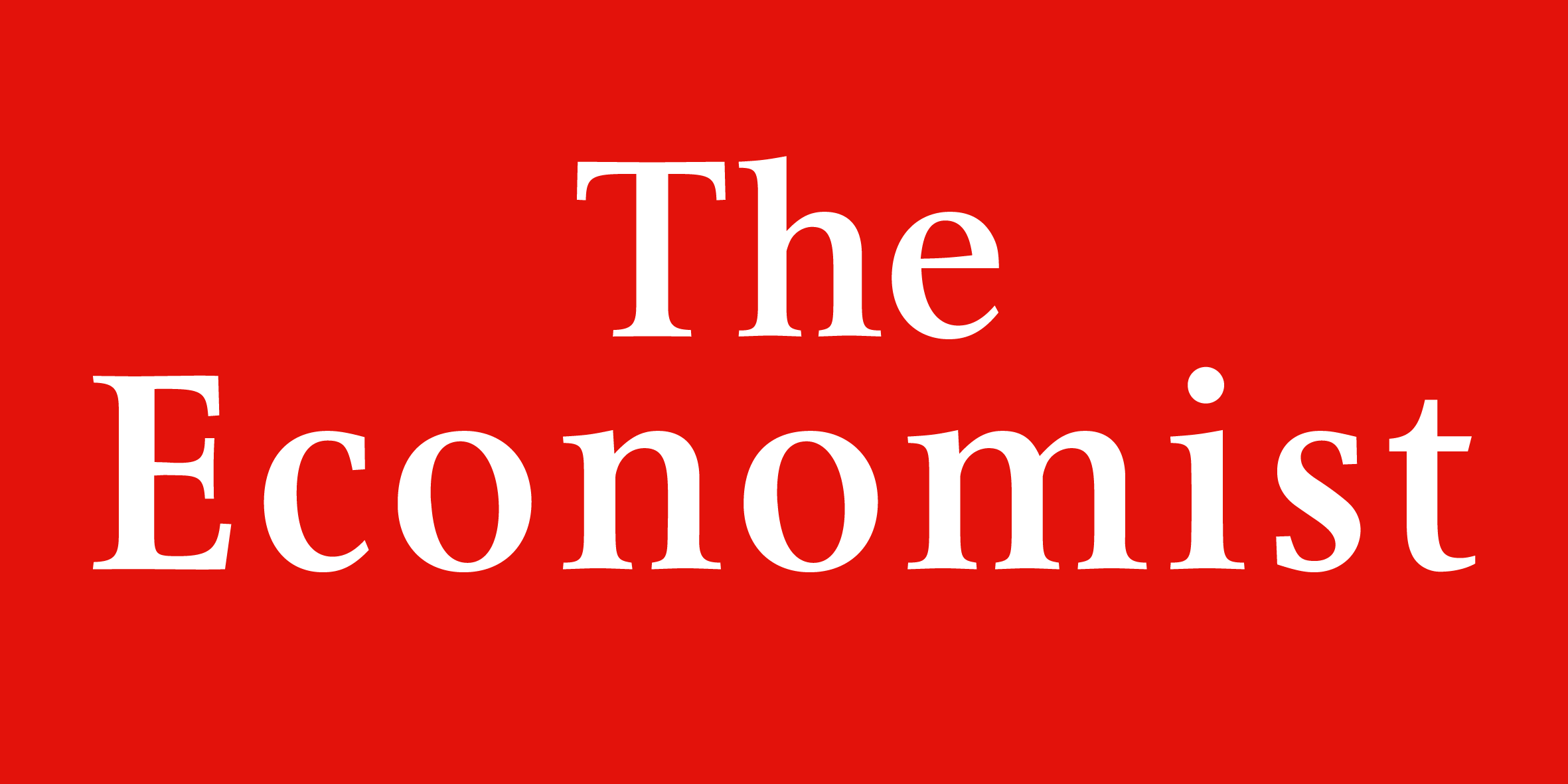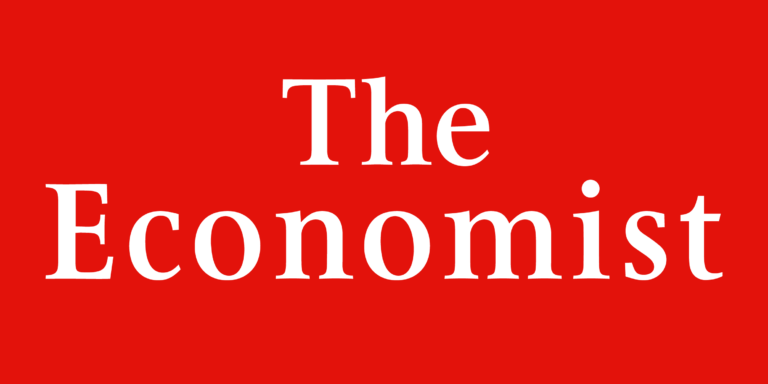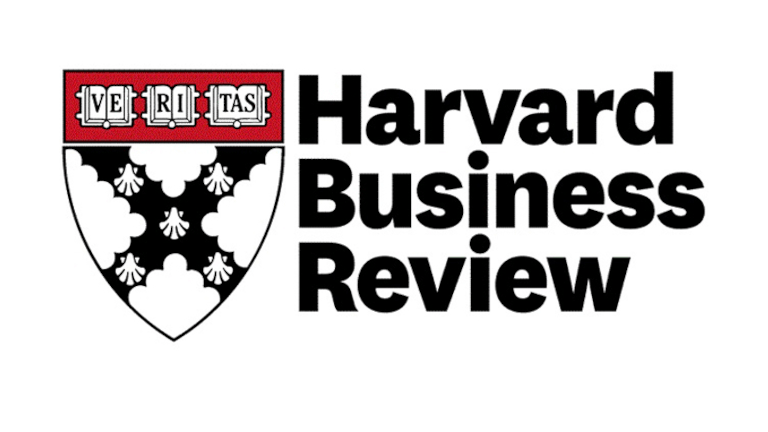Tech investors can’t get enough of Europe’s fizzing startup scene
A continent learns to hustle. After a long slumber, Europe’s animal spirits are stirring
The idea of a Europe hostile to entrepreneurs would once have seemed laughable. At its 17th-century peak the Dutch East India Company’s appetite for capital was so voracious that it demanded the invention of the public stockmarket. Investors then did not balk at its violent treatment of native peoples. The turn of the 20th century saw the founding of giants like L’Oréal, today’s highest-earning beauty empire, and Denmark’s ap Moller Maersk, the largest container-shipping line. Most of Germany’s Mittelstand firms, employers of more than half of all the country’s workers, were born at the same time.
That a continent shattered by two world wars produced far fewer businesses destined for high growth in the second half of the 20th century is perhaps unsurprising. But Europe never recovered its appetite for high-growth business creation. In the past three decades, America has spawned four behemoths—Google, Amazon, Tesla and Facebook, now known as Meta—whose valuations have topped $1trn. Not one of Europe’s corporate youths, meanwhile, has risen as high as $100bn. One champion of the 2000s, Skype, was in 2011 bought for $8.5bn by Microsoft. The other, Spotify, is today worth only $48bn. sap, the closest thing the continent has to a tech giant, was founded three years before Microsoft and is worth less than a fifteenth of it.
Yet change is in the air. Venture capitalists, who want to sniff out the next Google while it is still being run from the founders’ kitchen tables, are homing in on European startups. There are many more to choose from. European entrepreneurs who would once have gone west to start a business are now likely to start up at home rather than in Silicon Valley.






